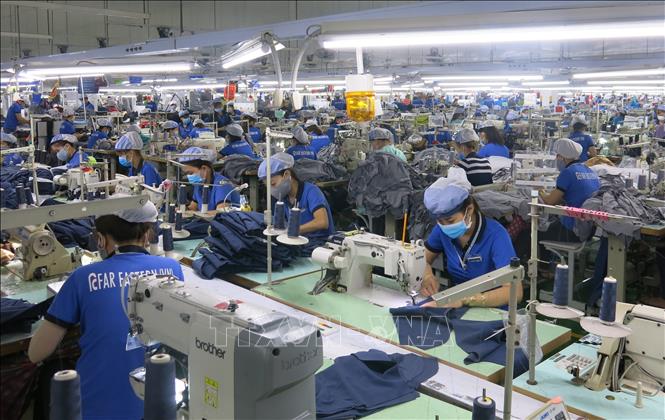
Mr. Pham Van Xo, Chairman of the Binh Duong Import-Export Association, said: "Export enterprises in Binh Duong are facing great pressure from the US tightening tariff policy. To maintain and develop this market, we recommend that the Government take stronger actions in trade negotiations, while supporting enterprises to adjust their supply chains to comply with new regulations."
The association also proposed establishing a Task Force to address tariff barriers to provide timely information and legal advice to businesses. "Some small and medium-sized enterprises do not have enough resources to research and respond to tariff measures from the US on their own. Therefore, a specialized team will help them have a clearer direction," Mr. Xo emphasized.
Along with that, diversifying export markets is also an important solution. Mr. Xo believes that businesses should not be too dependent on the United States but need to expand to markets such as the EU, Japan and the Middle East. "We hope that the Government and trade agencies will support businesses in accessing information about free trade agreements such as EVFTA and CPTPP to make good use of tariff incentives," Mr. Xo suggested.
In addition, the Association also encourages businesses to shift to high value-added products, invest in modern production technology to enhance competitive advantage and avoid high taxes due to trade defense measures. At the same time, the Association emphasizes the importance of increasing the localization rate of domestic raw materials. "Businesses need to aim to use at least 50-60% of domestic raw materials to avoid dependence on imports and better meet the requirements of origin of goods when exporting," Mr. Xo recommended.
As one of Binh Duong's key export industries, the textile and garment industry is also not immune to the impact of the new US tariff policy. A representative of the Binh Duong Textile and Garment Association said: "Textile and garment enterprises in Binh Duong have been prepared but still need to make more efforts to adapt to the new situation. We encourage enterprises to focus on solutions to optimize supply sources and transform production models to meet product origin standards."
According to some textile and garment enterprises, one of the major challenges today is that many textile and garment enterprises still depend on imported raw materials from China, while some items may be subject to high tariffs when exported to the United States. The solution is to seek raw material sources from countries in the ASEAN region or countries with free trade agreements with the United States to minimize risks.
In addition, the Binh Duong Textile and Garment Association is also actively coordinating with trade agencies to support businesses in accessing new markets. The EU and Japanese markets are opening up many opportunities, but to take advantage of them, businesses need to invest more in green production technology, meeting the sustainability standards required by these markets.
To adapt to the new context, businesses also need to proactively improve their supply chain management capacity and improve their products to increase competitiveness. In addition to finding alternative sources of raw materials, businesses need to invest in automation systems and improve production processes to save costs and improve product quality. In addition, digitizing business operations and using e-commerce platforms will help businesses expand their sales channels and reach global customers more easily.
According to Mr. Pham Van Xo, although the new US tariffs create great pressure, this is also an opportunity for Vietnamese enterprises to review the strengths and weaknesses in the supply chain and production model. Re-evaluating export strategies, finding new markets and increasing product added value will help enterprises develop more sustainably.
In addition, this is also the time for the Government and businesses to coordinate in adjusting support policies, improving the business environment and promoting domestic production. Businesses with a long-term vision and proactive changes will have the opportunity to grow stronger after trade fluctuations. Economic experts say that if Vietnam has a systematic policy to develop supporting industries, increase the localization rate and improve product quality, it will not only respond well to the US tax policy but also affirm its position in the international market.
Faced with changes in tariff policies from the United States, both the Import-Export Association and the Binh Duong Textile and Garment Association and the business community share the view that businesses need to be more proactive in adapting. In addition to specific proposals to the Government, businesses themselves also need to change their business strategies, expand their markets and increase product value to ensure sustainable development in the context of increasingly volatile global trade.
Source: https://doanhnghiepvn.vn/kinh-te/can-giai-phap-dai-han-de-ung-pho-chinh-sach-thue-quan-cua-hoa-ky/20250405013311554


![[Photo] Determining the pairs in the team semi-finals of the National Table Tennis Championship of Nhan Dan Newspaper](https://vphoto.vietnam.vn/thumb/1200x675/vietnam/resource/IMAGE/2025/5/21/eacbf7ae6a59497e9ae5da8e63d227bf)

![[Photo] Prime Minister Pham Minh Chinh receives the President of Asia-Pacific region of PowerChina Group](https://vphoto.vietnam.vn/thumb/1200x675/vietnam/resource/IMAGE/2025/5/21/0f4f3c2f997b4fdaa44b60aaac103d91)
![[Photo] Prime Minister Pham Minh Chinh receives Rabbi Yoav Ben Tzur, Israeli Minister of Labor](https://vphoto.vietnam.vn/thumb/1200x675/vietnam/resource/IMAGE/2025/5/21/511bf6664512413ca5a275cbf3fb2f65)

![[Photo] Scientific workshop "Building a socialist model associated with socialist people in Hai Phong city in the period of 2025-2030 and the following years"](https://vphoto.vietnam.vn/thumb/1200x675/vietnam/resource/IMAGE/2025/5/21/5098e06c813243b1bf5670f9dc20ad0a)
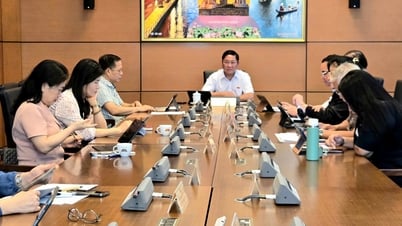

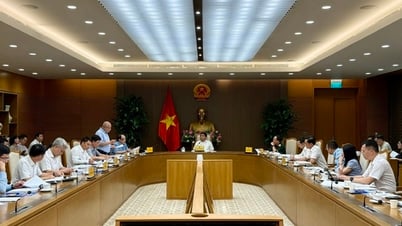

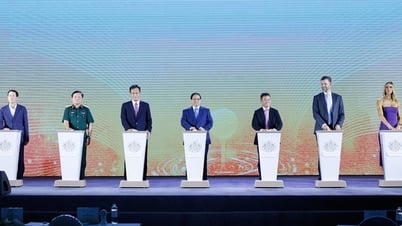

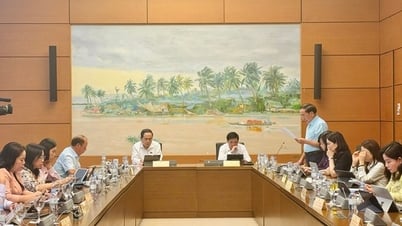
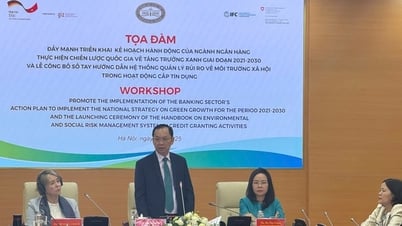









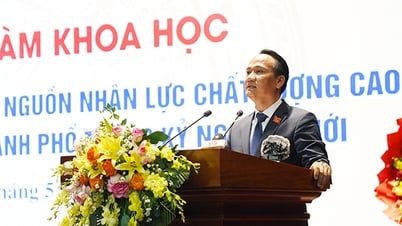




























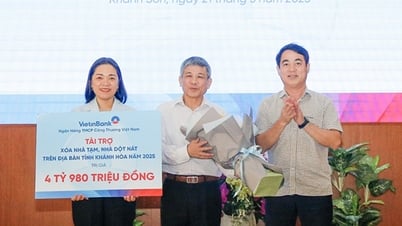


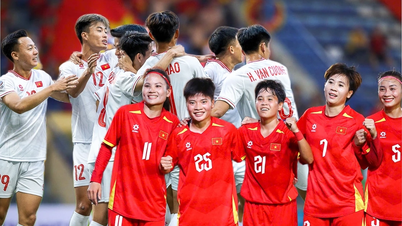

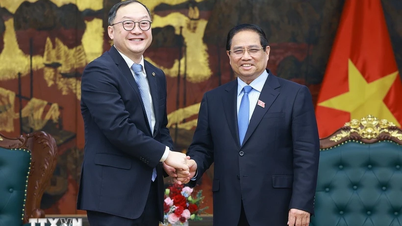







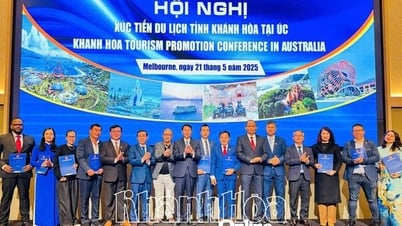
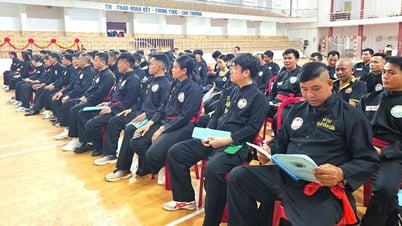




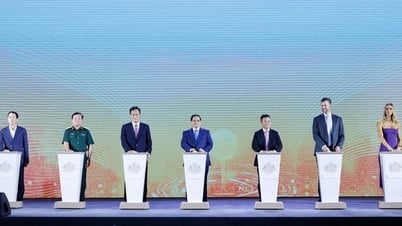

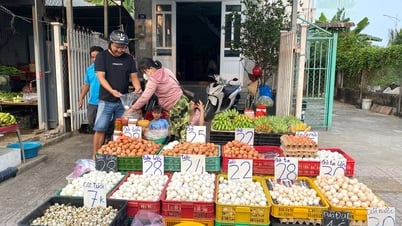


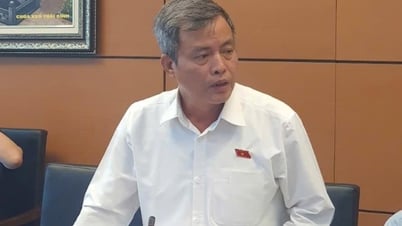

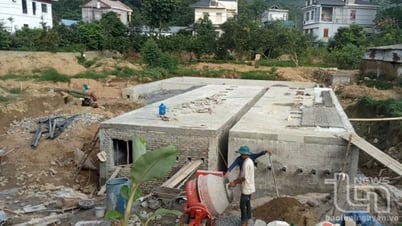







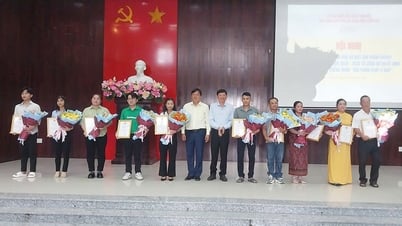

Comment (0)